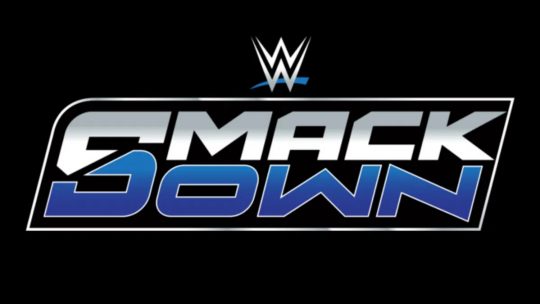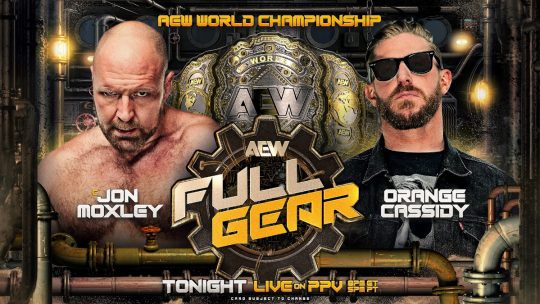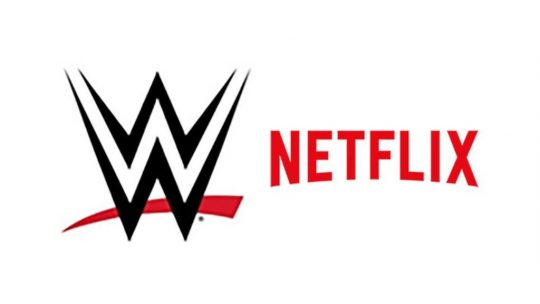The following is an article from WWE.com regarding their concussion policy:
WWE Superstars put their bodies on the line in the highly competitive and demanding world of sports-entertainment. Behind the scenes, WWE physician Dr. Chris Amann discusses his role, how injuries like concussions are diagnosed, plus current and future treatments for such injuries in WWE.
WWE.com: Dr. Amann, can you describe your challenging role within WWE? Do you find it difficult to tell an injured Superstar — regardless of how bad they want to get back into that ring — that they’re just not ready to step back into action?
Dr. Chris Amann: Not at all. My job as a WWE physician is to make sure that the Superstars are safe and healthy, not only in the short term, but in the long term. In that regard, we are very aggressive in terms of making sure that anybody who has any concussion or post-concussive symptoms not return to the ring until their brain is fully healed.
WWE.com: What is ImPACT Testing and how is it used to manage concussions?
Amann: It’s a test that was developed several years ago by Dr. Joseph Maroon. It measures brain function such as memory, speed and recall. We use it as an extension of our physical exam when we’re trying to determine if someone’s brain function has been affected by a concussion, which is a trauma-induced changed in neurologic status. In WWE, that is usually a result of some sort of head trauma.
WWE.com: Can ImPACT Testing diagnose a concussion?
Amann: It does not diagnose a concussion. A concussion is diagnosed by typical, classic signs and symptoms which will include dizziness, confusion and sometimes memory changes. That’s a definition of a concussion. The ImPACT Test is an extension of our physical exam, in that we use it to help determine someone’s reaction time, memory and brain processing in order to see if they were affected by a concussion.
WWE.com: How does WWE manage concussions?
Amann: We manage concussions as do other professional sports organizations. The latest guidelines out of Zurich, Switzerland, that were created in 2012 in a consensus statement give us the latest guidelines and expert opinion on how to manage concussions. We use ImPACT Testing and we also use exertion testing.
Exertion testing is a process of getting somebody in the situation of their own sports-specific exertion. For example, with a Superstar, we want to get them in the ring, exert them in the ring and have them do moves and activities similar to what their sport is. We want to see if that provokes any symptoms of a concussion, such as headaches, blurred vision or dizziness.
WWE.com: Why is it important to run a Superstar through that before sending him or her back into the ring?
Amann: The ImPACT Test is a good way to try and figure out if someone’s brain functioning has returned to its normal, baseline state. As part of every Superstar’s initial physical examination and history that we do during their pre-contract screening, we do a baseline ImPACT Test. So that if someone does sustain a concussion, we can use the information from their ImPACT Test after their concussion and compare it to their baseline.
The exertion testing is basically to tell us if the brain is ready to go back to activity. In some cases with some Superstars that have suffered concussions recently, they’ve passed their ImPACT Test, however they get symptoms when they get back into the ring. That tells us that the brain just isn’t ready yet for physical activity and that it hasn’t fully recovered yet.
Some media outlets have interpreted our use of exertion testing as something new within the management of concussions. That is not true. We’ve always used exertion testing in addition to physical examination and ImPACT Testing to get an overall picture of whether or not a Superstar is ready to return to the ring.
WWE.com: What is the future of concussion diagnoses and management?
Amann: There are lots of exciting things going on right now. A lot of people are looking at various supplements — such as fish oil and other antioxidants — that may be protective to the brain. There are some blood tests being looked at as possible markers for concussions, which would help us diagnose when the brain has undergone a concussion.
WWE.com: Compared to other professional sports, where does WWE rank as far as their concern towards concussions?
Amann: There is an absolute proactive approach taken by both the medical team and the management when it comes to not only concussions, but to other injuries to the Superstars as well. Myself and [WWE physician] Dr. Michael Sampson both use the latest guidelines and latest tests available for helping us manage concussions. We really feel that WWE and the medical staff is at the forefront of concussion management. For example, WWE is donating $1.2 million to the Boston University Center for the Study of Traumatic Encephalopathy
As the research evolves on concussion diagnosis and management, the WWE medical staff will always be on the forefront of that research and implementing new tools and strategies that are shown to be effective in managing concussions.
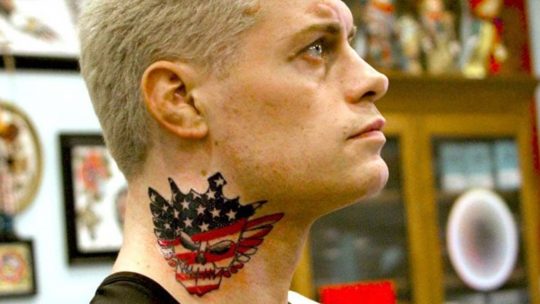 “American Nightmare” Trademark Infringement Lawsuit Against Cody Rhodes, WWE, & Fanatics Update – WWE & Fanatics Filed Motion to Dismiss Lawsuit
“American Nightmare” Trademark Infringement Lawsuit Against Cody Rhodes, WWE, & Fanatics Update – WWE & Fanatics Filed Motion to Dismiss Lawsuit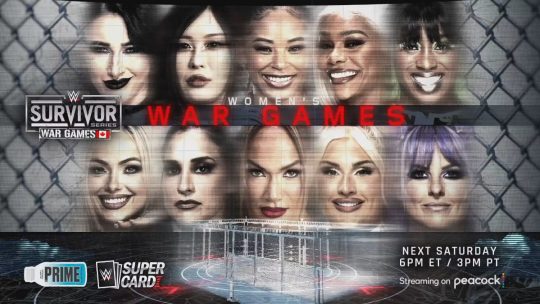 WWE RAW Notes: Rhea Ripley Makes Surprise Return, Women’s WarGames Match Set for Survivor Series WarGames 2024, Women’s WarGames Advantage Match Set for 11/25 Show
WWE RAW Notes: Rhea Ripley Makes Surprise Return, Women’s WarGames Match Set for Survivor Series WarGames 2024, Women’s WarGames Advantage Match Set for 11/25 Show WWE Provides Medical Update on Jade Cargill Injury Angle on 11/22 SmackDown Show, Cargill Reportedly Suffered Legit Unknown Injury
WWE Provides Medical Update on Jade Cargill Injury Angle on 11/22 SmackDown Show, Cargill Reportedly Suffered Legit Unknown Injury
